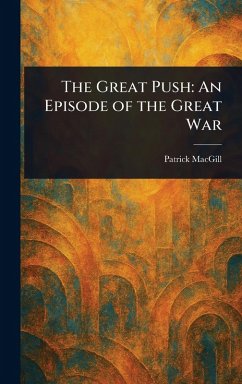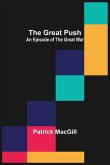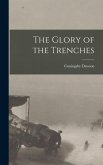Experience the brutal realities of World War One in Patrick MacGill's "The Great Push: An Episode of the Great War." This powerful work plunges readers into the heart of the Battle of Loos, a pivotal moment in military history. MacGill's unflinching account offers a raw and compelling look at trench warfare during one of the war's most devastating campaigns. A vital contribution to the literature of World War One, "The Great Push" captures the intense atmosphere and human cost of this significant battle fought in Loos-en-Gohelle, France, in 1915. Explore the strategies, the sacrifices, and the stark realities faced by soldiers on the Western Front. Ideal for readers interested in war fiction, military history, and firsthand accounts of a world in conflict, this edition makes a classic work readily accessible. This work has been selected by scholars as being culturally important, and is part of the knowledge base of civilization as we know it. This work is in the public domain in the United States of America, and possibly other nations. Within the United States, you may freely copy and distribute this work, as no entity (individual or corporate) has a copyright on the body of the work. Scholars believe, and we concur, that this work is important enough to be preserved, reproduced, and made generally available to the public. We appreciate your support of the preservation process, and thank you for being an important part of keeping this knowledge alive and relevant.
Bitte wählen Sie Ihr Anliegen aus.
Rechnungen
Retourenschein anfordern
Bestellstatus
Storno









